Gardening & Wellbeing – 5 Ways
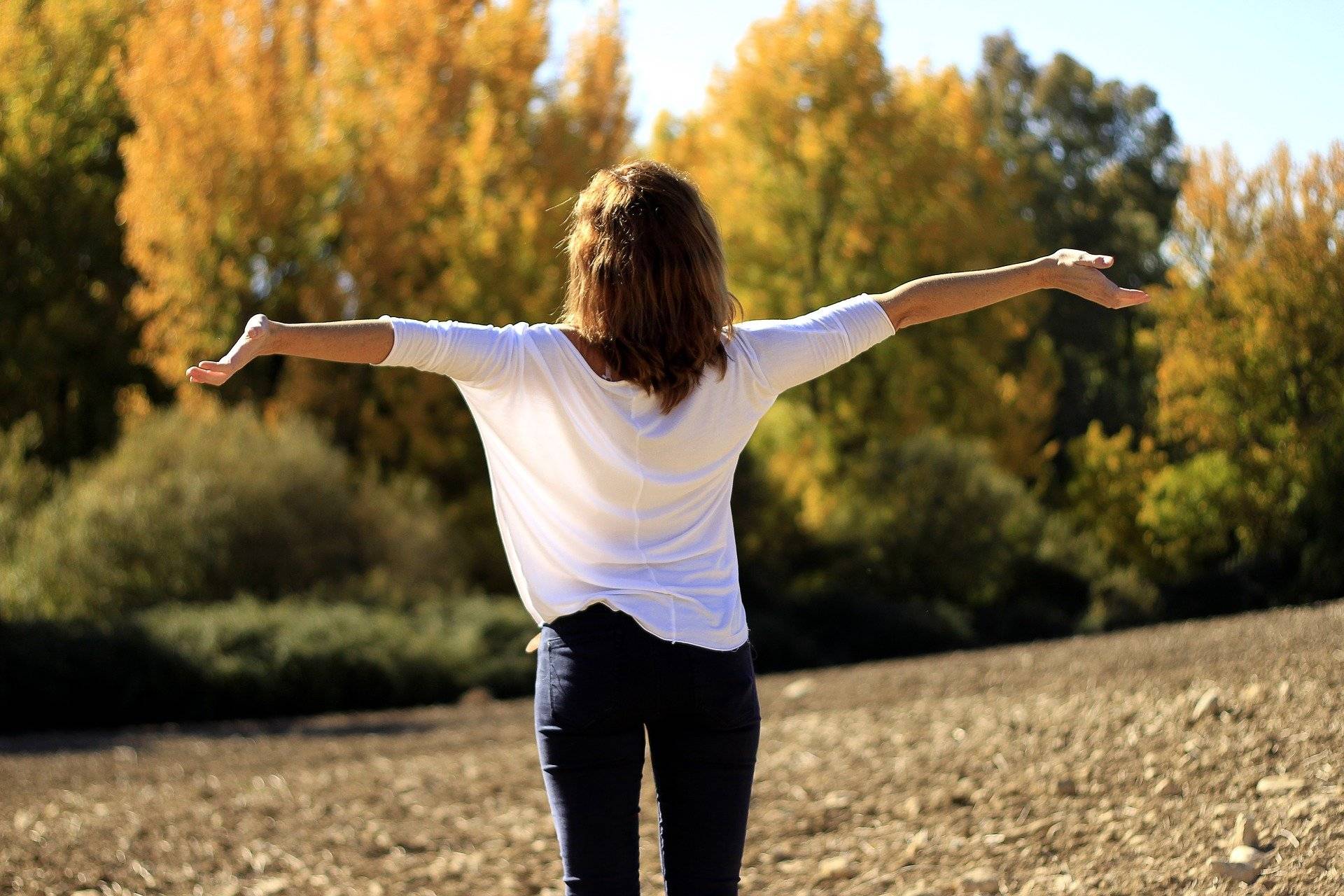
Personally, I believe that the benefits of gardening for mental and physical wellbeing are born from its stimulation of all five senses.
No surprises then that an initiative created by the New Economics Foundation called: “The 5 Ways to Wellbeing” can be applied to gardening. This is a concept promoted by the Mind charity, NHS and the Thrive gardening charity among many other organisations and has been used in personal, work-based and education settings.
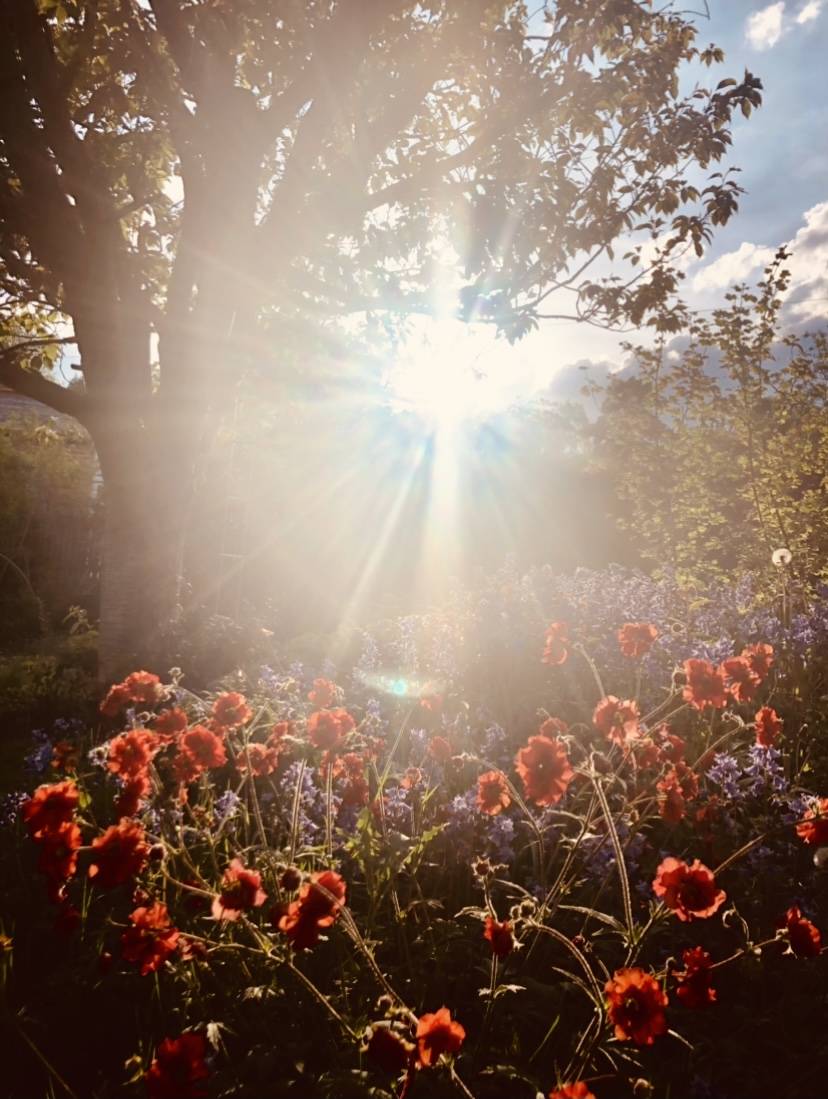
I come from a perspective of having experienced episodes of anxiety and panic disorder throughout my life and everyday it is an underlying presence that I actively manage. I have learned and experienced coping strategies such as therapy, mindfulness, and meditation but by far the most effective activity that creates space between my thoughts and body is gardening. So, what are “The 5 Ways to Wellbeing” and how can they be applied to gardening?
The 5 Ways to Wellbeing
1. Connect
2. Be Active
3. Take Notice
4. Learn
5. Give
1. Connect
Communication and interaction with others increases self-esteem and self-confidence. Community gardening or working with other people in the garden is the perfect vehicle for this. In my own life, I enjoy the benefits of family time in the garden, whether it be planting seeds with the kids or having family and friends around to socialise. During the events of 2020 and 2021, our gardens (if we are lucky enough to have one) or outdoor spaces have become more important than ever for connecting with others.
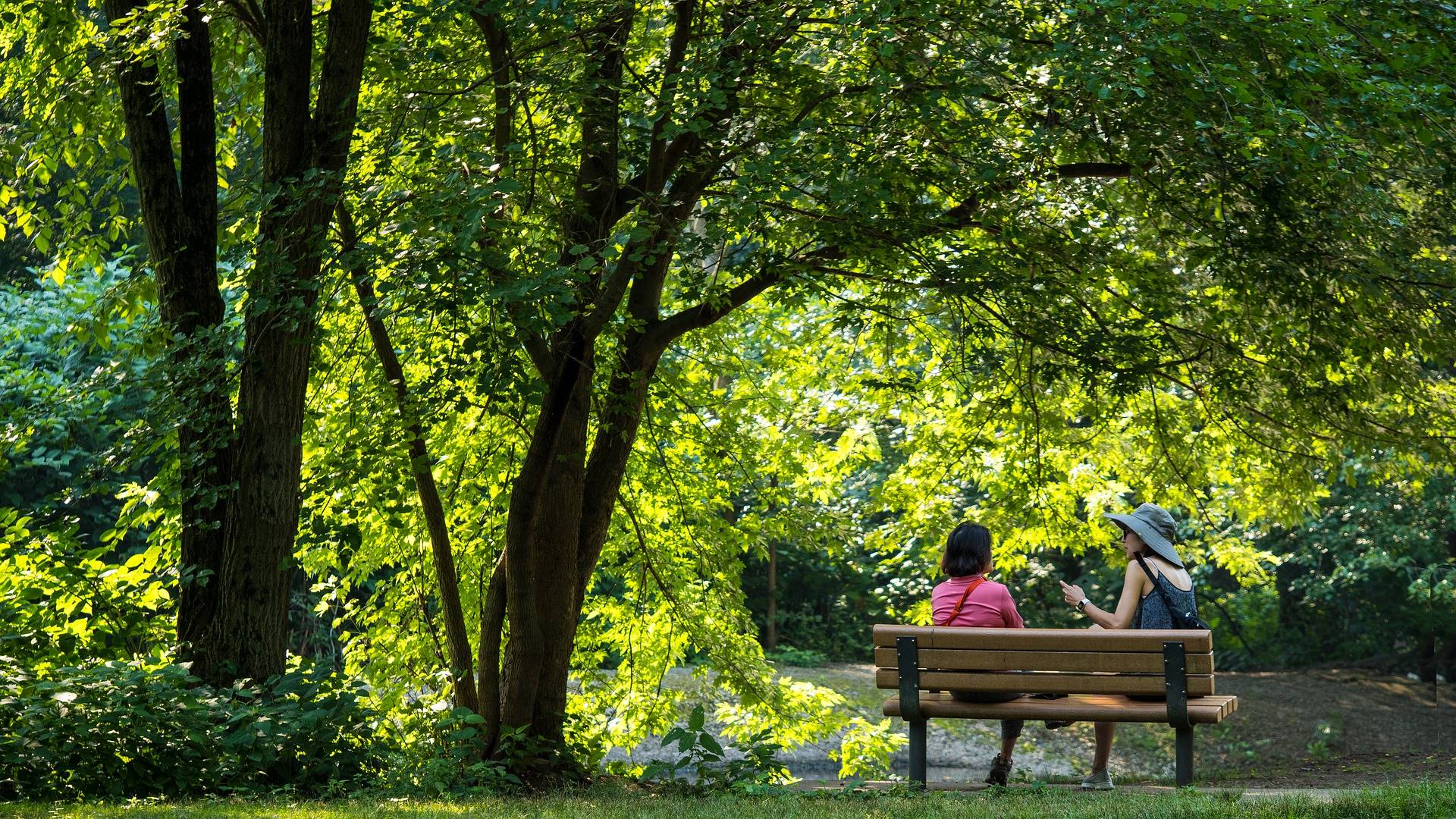
2. Be Active
Any exercise alleviates my anxiety and regular exercise such as running and appreciating moments of calm has benefitted my mental health. I call it “banking it” for any rainy days ahead, like a savings account for my mental health. I love that gardening gives you a workout without even realising it, relieving tension and stress through the release of endorphins. I always feel more positive after gardening.
So “bank it”!
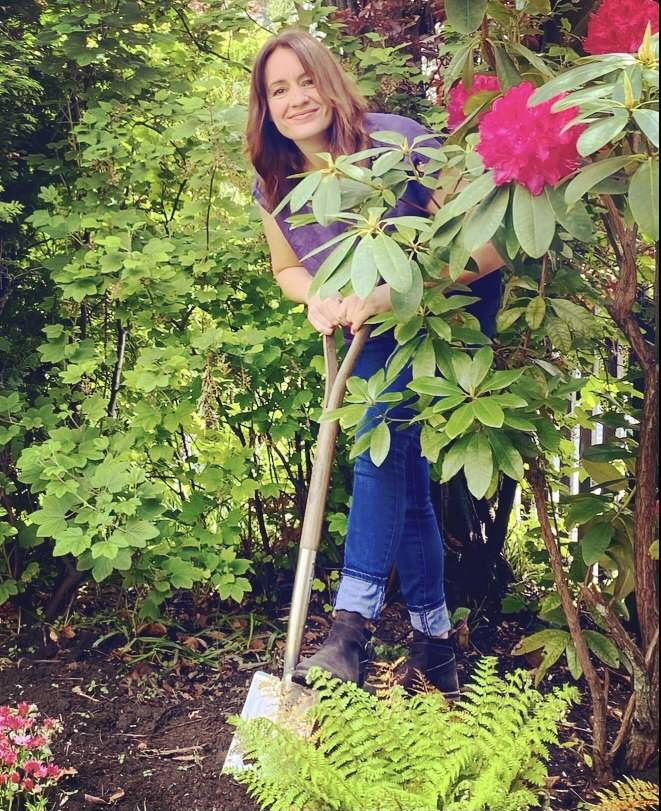
3. Take Notice
Have you ever tried to organise your week with shopping lists, meal plans, calendar entries and never ending to do lists? Then life happens and gets in the way of your schedule. Planning like this is useful but, in my experience, problems occur when we try and control things that are just out of our control such as (for me anyway): health of loved ones, children’s happiness or how other people behave. By bringing our thoughts back to the present and “taking notice” of what is in front of us in the here and now, our mind quietens. It is the basic principle of mindfulness. We all have our own ways of “taking notice”. One of mine is gardening. I can become lost in weeding; the repetitiveness of planting seeds or digging up a new bed. It focuses my mind, all the while listening to the birds singing, feeling the soil in my hands or smelling the roses. There is a certainty in nature and the garden, in the changing seasons and plants growing, which is reassuring.

4. Learning
Learning encourages self-esteem, promotes social interaction, and enhances our lives in general. Simply speaking, I find it fulfilling to learn about gardening, something I love, and I welcome any activity that will distract me in a positive way.

5. Give
Research has shown that helping others makes us happy. I have outlined in my post: “You say tomatoes – I say how many” I had so many tomato plants, I had to give some away, but I found great pleasure in doing it. Creating something and being able to share it with others is pleasurable. One of my goals is to create a veggie patch and, with luck, I would love to be able to share fruit and vegetables with friends and family.
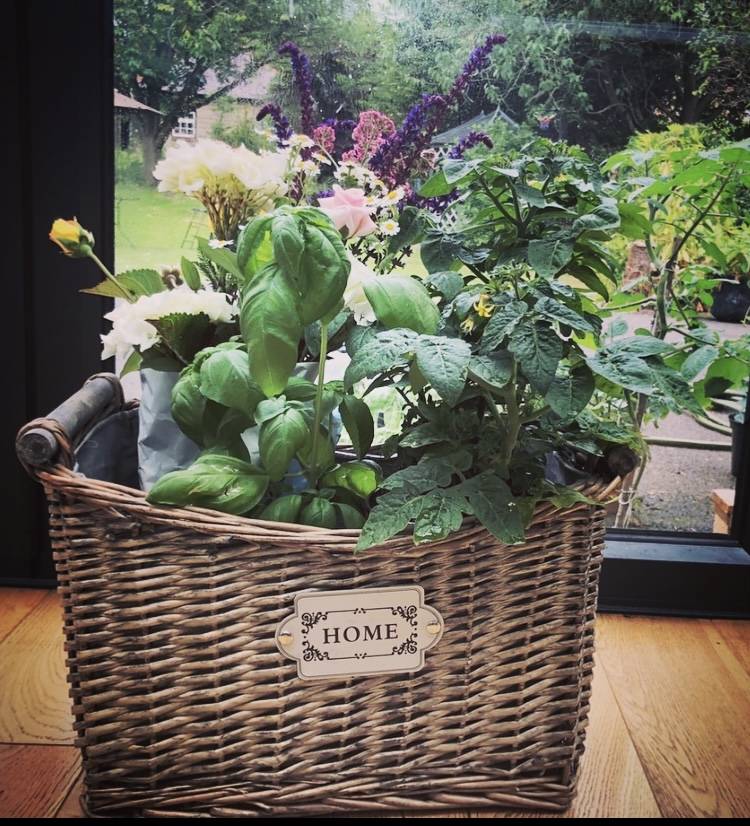
Useful Links
My Recommendations
I have read a lot on the subject of anxiety and panic, along with gardening and the following recommendations have sincerely helped me. I have read, re-read, highlighted, scribbled on and referred back to them again and again. I hope they help you.
